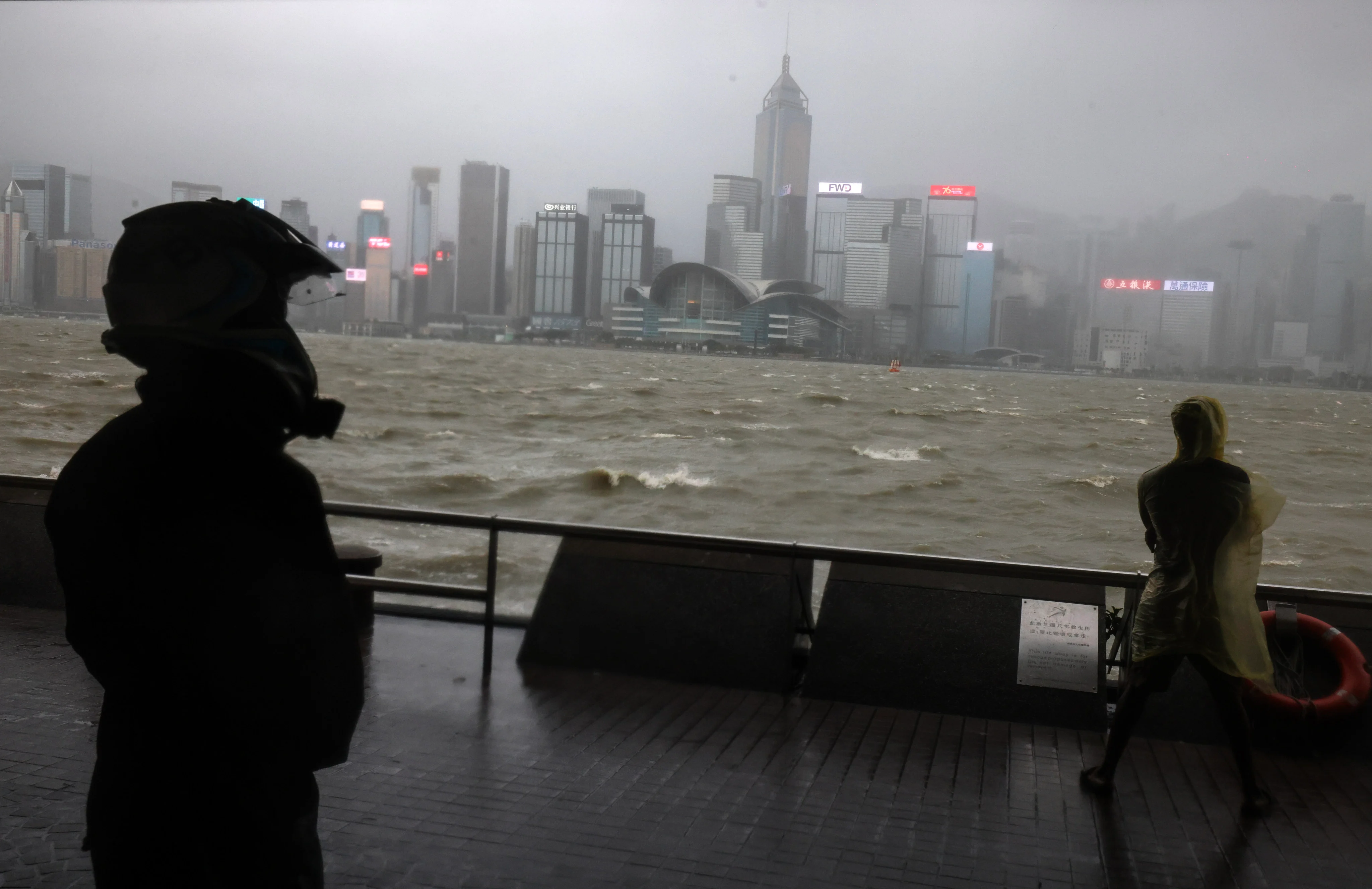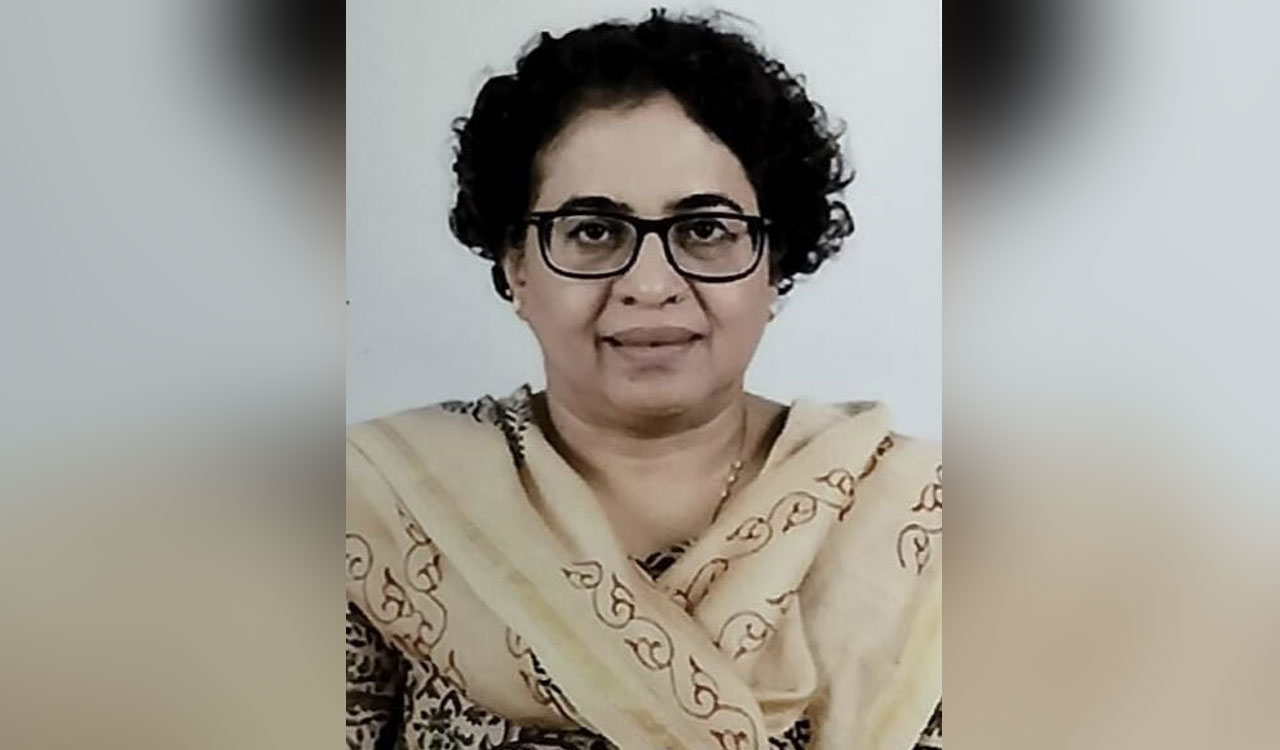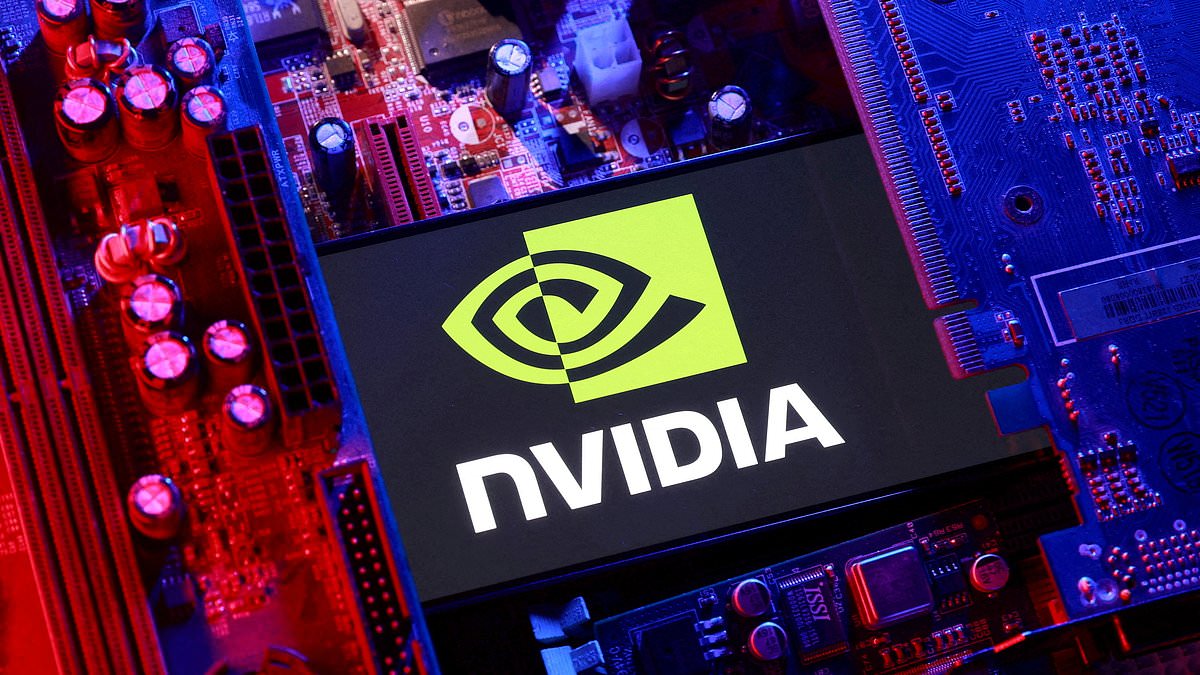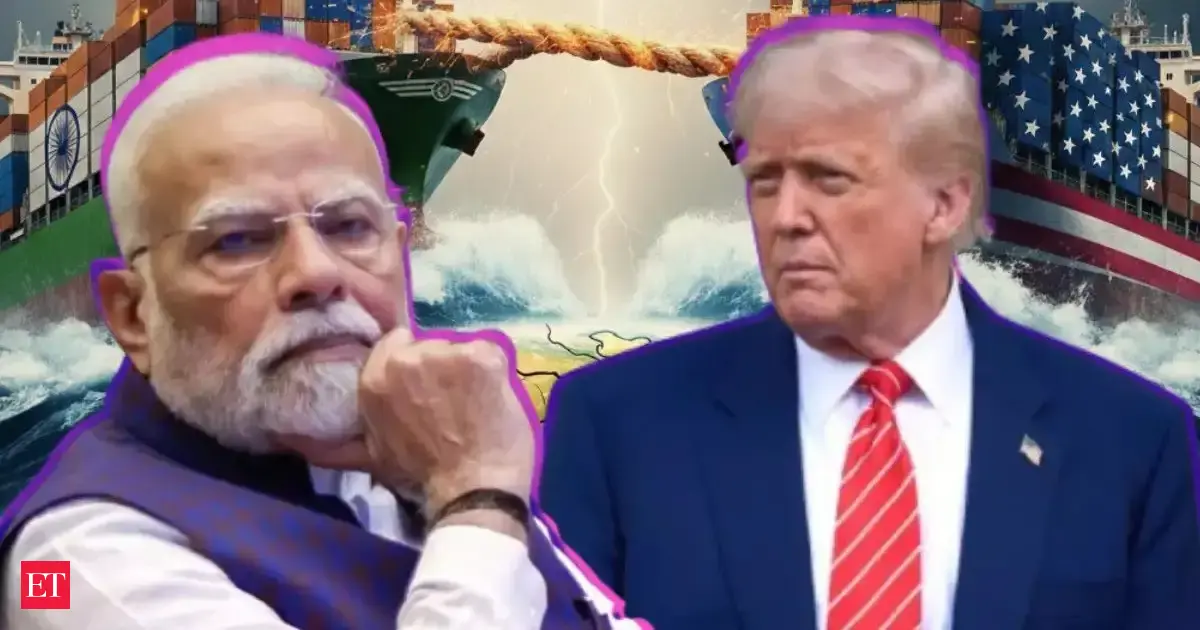By Micah McCartney
Copyright newsweek
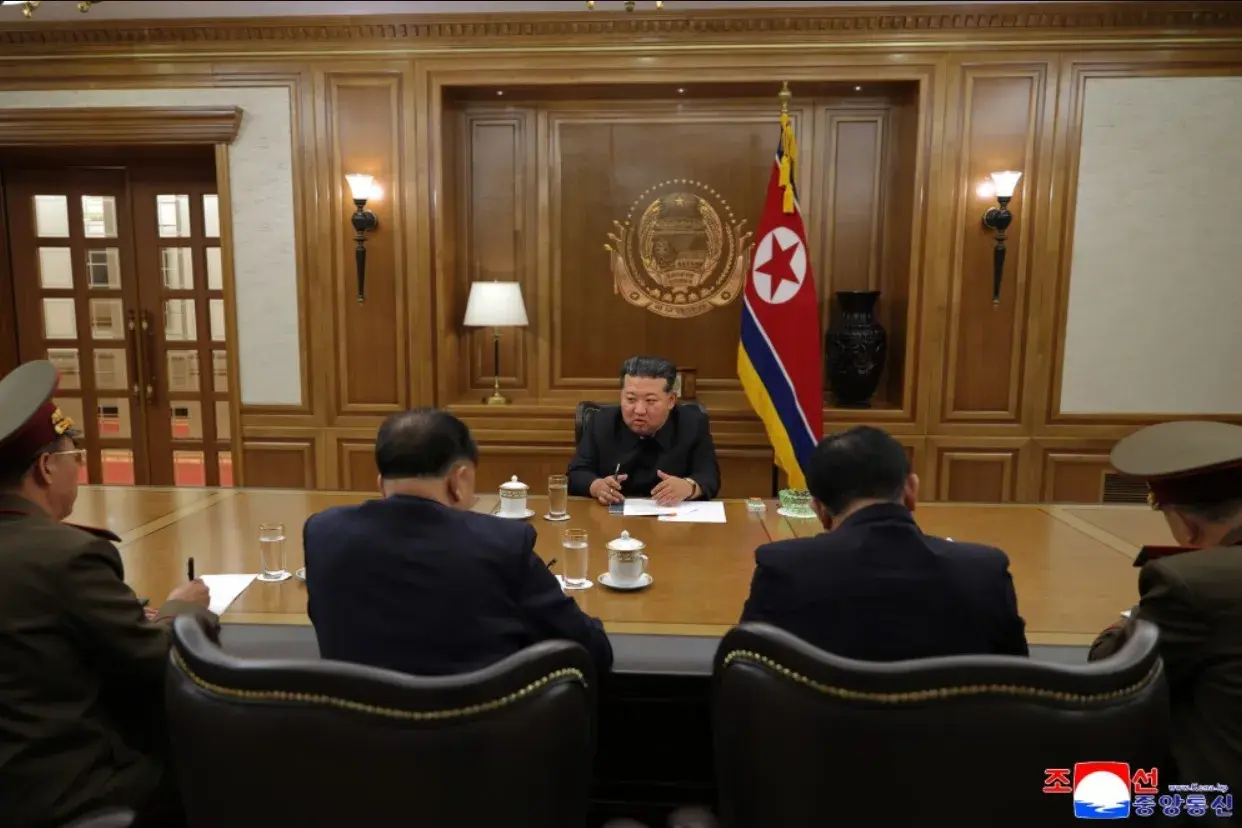
North Korean leader Kim Jong Un has renewed his commitment to the country’s “ever-growing” nuclear weapons program, saying the strategic capability is essential to securing the country’s future.
Why It Matters
North Korea’s United Nations-sanctioned nuclear weapons program—along with the development of nuclear-capable ballistic missiles—is a major driver of tensions with U.S.-allied South Korea. It has spurred Seoul to deepen its defense ties with both Washington and Tokyo.
President Donald Trump met Kim on three occasions in an unsuccessful bid to put North Korea on a path toward denuclearization in exchange for sanctions relief. Kim has repeatedly insisted nuclear weapons are a necessary deterrent against U.S.-led aggression.
Newsweek reached out to the North Korean Embassy in Beijing, China and the White House via emailed requests for comment.
What To Know
Kim was briefed on plans to expand nuclear production capacity during a Friday meeting with nuclear scientists, including senior Workers’ Party of Korea official Hong Song Mu, according to an English-language report from the state-run Korean Central News Agency.
He praised the country’s “ever-growing nuclear technology forces,” calling it “a great encouragement to our Party and a reliable guarantee for the struggle of our people, the victorious advance of our cause and the security of the future.”
Kim said these advances were a top priority in light of national security threats to the country, and called for the “nuclear shield and sword” to be continuously strengthened.
This image released by state media shows Kim meeting with scientists and technicians in the nuclear field on September 26, 2025. (Korean Central News Agency)
The meeting followed Kim’s major address last week before North Korea’s rubber-stamp congress, during which the 41-year-old rejected U.S. denuclearization efforts as a “vain obsession” but suggested the possibility of “peaceful coexistence” if Washington “acknowledges reality.”
In 2023, North Korea moved to enshrine its nuclear weapons program into its constitution, underscoring its centrality to the regime.
Some U.S. analysts have argued that the success of any future negotiations with Pyongyang requires Washington to formally abandon its pursuit of complete denuclearization on the Korean Peninsula.
North Korea possesses roughly 50 nuclear warheads, according to estimates by the Federation of American Scientists. South Korean President Lee Jae-myung said last week Pyongyang is believed to produce enough nuclear material to build about 15 to 20 new warheads per year.
What People Are Saying
Kim said during his September 21 speech before the North Korean Supreme People’s Assembly, per KCNA: “The security index for prevention of war has risen higher than it was in the past though the tension is getting worse with the passage of time, and the fuse is burning–this fact hints at a very important thing.
“It is that our nuclear forces are fully and perfectly performing their deterrent function for coping with and overwhelming all security challenges from outside.”
What’s Next
During Trump’s summit with South Korean President Lee Jae-myung at the White House in August, the U.S. leader expressed willingness to reengage with Kim, praising their “great relationship.”
Lee, like his predecessors, has insisted on denuclearization as a fundamental goal but said Seoul would support a freeze on the program as a temporary first step.
U.S. Director of National Intelligence Tulsi Gabbard, during a Senate confirmation hearing earlier this year, said Pyongyang is likely preparing to carry out another nuclear test—its first since 2017.
